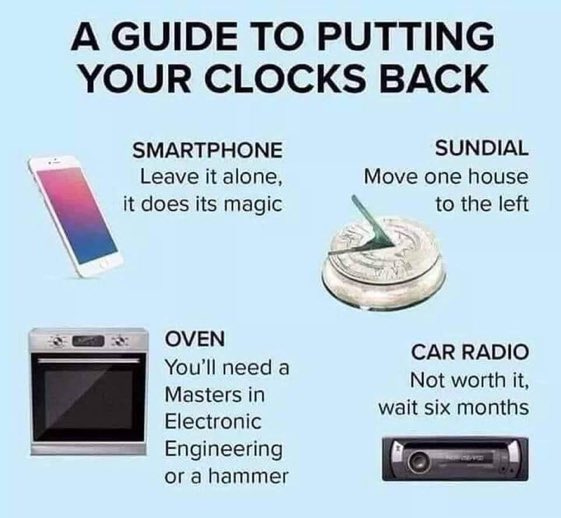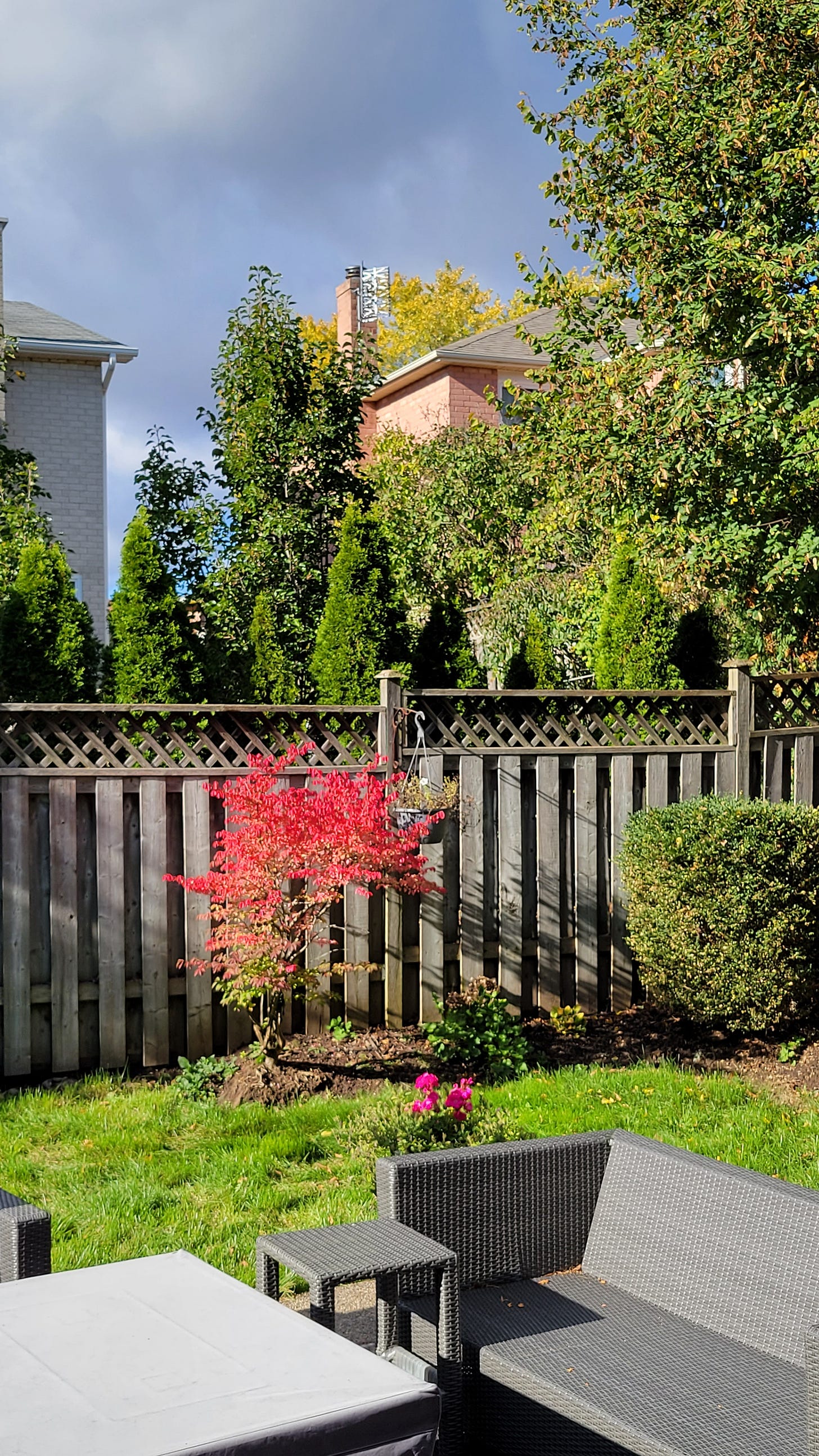Welcome to all, especially those new to our community of readers.
The view from my standing desk is spectacular! The light is shining diffusely through, and I can see through the maple’s bright red and birch trees’ yellow leaves in surrounding yards. The clocks in North America “fall” back this weekend. And I am using my extra hour to write this week’s essay. My intended essay needed another round of edit & review. I am setting the timer to an hour and will share what comes forth with light edits.
Thank you for your emails and messages. It helps to write material that matters for you, my reader.
📖 This week’s longer read: Tell me more about Recovery Mode
🎈 The Karena Arena: jokes, resources and ideas.
If this is an idea worth sharing, click this button below 👇
If someone sent you this message and you aren’t yet subscribed, the link below will help you solve that problem. 👇
I look forward to your thoughts and comments. See you again next week.
Karena
📖 TELL ME MORE ABOUT RECOVERY MODE
“Tell me more about Recovery Mode” was the predominant question back from my readers after the Integration week edition. Here are some answers that barely scratch the surface of this topic:
Data hoarders
We are living at a moment in time when information is freely available. But many of our learned research habits prioritize absorbing, memorizing, storing and regurgitating information. That is what made the middle-class professions so valuable in the Industrial Era.
We live in a time of FOMO (Fear Of Missing Out).
Given 1 and 2, we are constantly chasing information, absorbing more content, trying to place it all in context, and running after the next bright shiny object. More books. More courses. More. More. More.
After a while, we end up being “data hoarders”. And yes, I am guilty! One time I had 43 open tabs on my browser, and I feared my PC crashing as I “might” lose a thread of a thought that could be the germ of an idea.
That is a lot of mental juggling and cognitive load.
True learning requires a learning loop - a moment for consolidation. It allows us to weed through the myriad data points we absorbed these past weeks, and keep/apply only what is necessary. Hence my idea to design a moment of integration into the cycle of these messages, so that we can review and consider how the dots connect.
As I describe in The Learning Loop chapter in my book "Contours of Courageous Parenting - Tilting Towards Better Decisions", this really is a superpower. Because it allows us to make the information ours. We absorb it in a way that benefits our unique way of living. Someone else’s aha now becomes our learning. And development.
My current solution: I have invested in learning about creating a “second brain” as a way to safely squirrel away these nuggets, ready for when I need them.
Why is recovery mode a key 21st-century skill?
Release is a core part of breathing.
In Thank you for Being Late, Thomas Friedman quotes U.S. surgeon general Vivek Murthy:
The heart pumps in two cycles—systole, when it contracts, and diastole, when it relaxes. And one of the things we often think is that contraction is the most important phase, because that is what gets the blood pushed out everywhere around your body. But you realize when you study medicine that it’s in diastole—when the heart relaxes—that the coronary blood vessels fill and supply the heart muscle with the lifesaving, sustaining oxygen that it needs. So without diastole there can be no systole—without relaxation there can be no contraction.
Learning to take a break, and a breath. Learning good sleep hygiene (including turning off our screens before bed). Research is uncovering that the resting stage is healthy - and necessary for our brain development.
In a 24/7 world that is always-on & demanding a rapid response, we need to be proactive about creating moments of space that allow us to inhale the good information, process it, so we are able to exhale great ideas.
The world is in desperate need of good solutions, and the “best idea can come from anyone, anywhere at any time.”
My current solution: Trying to create a space between one course and another, so that I can process my learning by reviewing and summarizing my notes.
I’m still learning
These ideas come onto my radar because I do not do them correctly. Historically, I give a project my undivided attention - my all. Then I crash for a day or a week after. It is my pattern and one that I do not want my kids to repeat as they enter the professional stage of their lives. But one that I am constantly striving to recognize and break.
There is another idea called "Active Recovery". But that is for another post.
My current solution: Sharing my research and discovery with my kids.
Make. Take. Talk.
Do you have personal recovery techniques you prefer? Is your recovery reactive or proactive?
Last week, two readers shared some interesting ideas. Julie Freedman Smith shared that she unplugs her phone each Sunday and finds it forces her to convert her Instagram scrolling time. "I go do stuff. OR I go and do nothing. The day goes on forever. There is so much extra time to pause, reflect, bake, walk, read, or do what I want (and figure out what that is.)"
Joann Malone, author of "Awake to Racism" reflected:
“I like this thoughtful approach. And it occurs to me that this invitation to pause, ponder and reflect is a very necessary future skill as the world around us speeds up.”
YES! My husband and I decided one year to be kind to ourselves and do something different for at least a DAY per month! It works. It really makes a difference in our energy and productivity in our regular routine of work, producing music and books.”
What will you think up?
First time here?
🎈 The Karena Arena:
The Karena Arena is our shared meeting space to trade any of the following. Care to share something with the community?
Something fun: A Dad joke / family-friendly humour
Something interesting: Share articles, books, apps, self-development tools in the spirit of Always Be Learning
😅 Something fun:
Oh, how I can relate! Anyone else?
🧠 Something interesting:
Did you know that heartstrings are a real thing? Anatomically called the chordae tendineae, they help the physical structure of your heart. I discovered that in Mich’s newsletter Heartstrings.
📸 Something beautiful:
This is the view from my sink. I eagerly await the one week in the year when the burning bush lives up to its name, full of brightness even against an inky sky:






